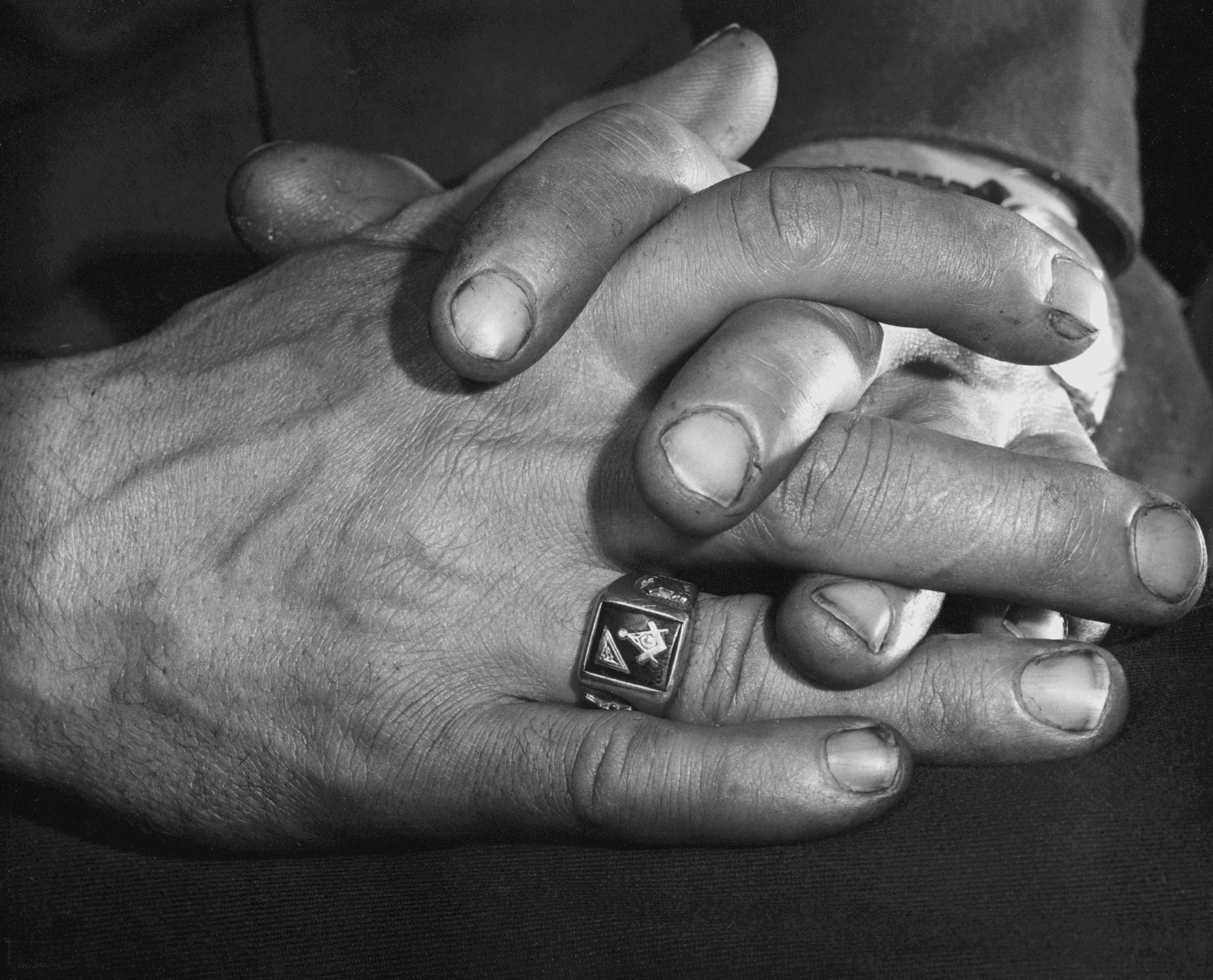Generally speaking, I don’t like to criticize books. Tim Powers told us at Clarion that a sale negates all criticism. That may be more true with fiction (though I reserve the right to privately diss any book that’s badly done, regardless) but when it comes to nonfiction, I find it inexcusable.
I’ve been slogging—slogging, mind you—through a history of the rise of the Spanish Empire under Fernando and Isabel, the period during which the New World (?) was discovered by Europeans and Spain became the pre-eminent power on the global scene. The book is called Rivers of Gold and it was penned by one Hugh Thomas, published in 2003. I’m finding it virtually unreadable.
Partly this is a style issue. The prose are flat, lifeless. He makes the mistake of introducing casts of characters in one-paragraph lumps, as if the average reader is going to remember all these people, many of whom do not seem to matter in later parts of the narrative. We are given chunks of delightful detail about some things (the make-up of Columbus’s crews on both the first and second voyage, which is very telling about the geopolitics of the day) and the rather revolutionary nature of Fernando’s and Isabel’s co-rule (for it was genuinely a partnership) and then little about other things (like the ultimate disposition of the Muslim populations after the fall of Granada and what happened to their libraries, which directly impacted the rest of Europe).
But these are small quibbles. Thomas seems to have a bias toward Christianity, but he is clearly restraining himself throughout and attempting to be even-handed, and largely succeeds (sincere mourning for what became of the Jews). He orders the events well, so that we see the relevance of Fernando and Isabel adhering to Law rather than acting as autocrats and their background and education as it affected their judgement concerning what Columbus found and what his enemies told them.
But the writing is…dull.
Obviously, there was a mixture of motives. An economic purpose is certain. The monarchs knew that, after the conquest of Granada, they would lose money in the short-term…It would be silly to neglect what might be another source of income. Cabrero, Santangel, Pinelo, and other Genoese bankers would have taken up this position with the King and Queen.
A second motive was a desire to outmanoeuvre the King of Portugal…In the fifteenth century as in the twentieth, rulers allowed their imperial claims to be affected by what their neighbours were thinking. (pg 87 & 88)
After three or four pages of that, I find myself falling asleep. Perhaps that is an unfair criticism, perhaps others do not find such lines quite so soporific, but if one is to learn from a text one should be able to take it in without the brain shutting down from the drone of seeming indifference.
On the part of the editor if not the author, for heaven’s sake. “…would have taken up this position…”?
There is material in this book which I would like to know. I bought the book for a reason. But I find that I must sit in uncomfortable positions in order to keep my attention focused, that if I recline or rest against soft pillows, Morpheus descends too soon for the experience to be valuable.
As a comparison, I’m reading another history, this one of the French and Indian Wars—called, appropriately enough The French and Indian War—by Walter R. Borneman. Published in 2006, this is written with rigor, attention to detail, and a lively, engaging voice that took me zipping along the first 50 pages in short order, with a satisfying increase in my knowledge of the events leading up to and the beginnings of a very complicated period of history.
Edward Braddock—the soldier used to giving orders—arrived in Virginia and proceeded to do just that, managing in the process to alienate almost everyone he encountered. Braddock immediately went to Williamsburg to confer with Lieutenant Governor Dinwiddie and then summoned governors De Lancey of New York, Shirley of Massachussetts, Morris of Pennsylvania, and Sharpe of Maryland to meet with them at Alexandria. Rather than ask the governors’ cooperation and assistance, Braddock demanded, indeed expected it. That attitude didn’t go over very well with anyone.
“We have a general,” wrote William Shirley’s son, also named William, “most judiciously chosen for being disqualified for the service he is employed in almost every respect.” Assigned to General Braddock as his secretary, the younger Shirley would have cause to feel Braddock’s inadequacy all too personally within a few weeks.
Perhaps I’m showing my bias, but I find that infinitely more fluid, insightful, and engaging than the Thomas.
But they are about such different periods, one might say! Yes, they are, but the writers are not.
I suppose this is what makes one writer “better” than another, the ability to engage, to draw the reader in, to bring the subject to life.
I complain about this here because I’ve been working through a variety of history books of late in preparation for a new novel (a couple of new novels) and while I’ve encountered, as usual, a range of styles and varying levels of what might be called Accessibility, I find that across a spectrum of authors the ability to tell the story is what makes the book worth reading and what makes it readable. This is not a side issue.
We complain all the time about students coming out of school with less than adequate knowledge, pitiful grasps on subjects, and ill-prepared for anything other than an almost assembly-line life as a career. Many factors contribute to this. But one, I recall vividly, though I did not quite realize it at the time, is the dudgeon paucity of style in school texts. I have seen this complaint registered elsewhere, by people much more qualified than I am to assess such things. School text books are more often than not chosen for their inoffensiveness rather than their ability to impart knowledge. The duller, simpler, unemotional texts have a better chance of being purchased by school boards than books that engage their topics in lively—dare I say, relevant—manners. As if a text which might elicit pleasure from a student cannot possibly be “suitable.”
Obviously, this sets a standard.
But such “liveliness” may forgo objectiveness for the sake of engagement! The author may be interjecting biases for the sake of enlivening the story—and this is not a story, it is history!
To which I say, nonsense. History damn well is a story. And if you’re worried about objectivity, then read more than one book on a subject. Viewpoint is essential, because history is not irrelevant to the present, it is essential. The confusion with which so many face tomorrow is at least partly a consequence of their ignorance of what had gone before.
And if they can’t get through the turgidity of approved texts, no wonder the level of historical knowledge and perspective is so low. It seems occasionally as if the purpose of school is to deaden the mind, reduce to average the inconvenient possibilities of a questioning public, to create a vapidity of general awareness. (What it really is about is trying to move x-number of students as efficiently as possible through a system that is overburdened by oversight demands, paperwork, accountability assessments, and budget meetings, which take their collective toll on class time and the ability of a teacher to engage students meaningfully. The negative consequences of all this are, sadly, little more than byproducts of an unspoken social assumption that very little of this stuff means anything against one’s ability to make money.)
If I were a history teacher, here is what I would do. I would find ten books on a given period and assign a different one to groups of three or four in the class. Then we could all discuss what we learn from those texts over the course of a semester. there would be a master template giving the principle elements of the period—names, dates, etc—but the classroom activity would be a controlled argument over differing viewpoints.
That’s ideal, of course. It would be nice. Unlikely to happen, though.
In lieu of that, I’d like to see a policy of adopting text books based on a community response to a given selection with one major criterion—no more dull books! The school board should hand out copies to a number of citizens and let them decide which are the best written, most readable—most fun! Because if there is one thing we have come to learn about education it is that if the students aren’t having some fun with the work, they won’t learn.
Hell, given the state of prose in some of these books, they can’t learn. All they can do is fight to stay awake.




